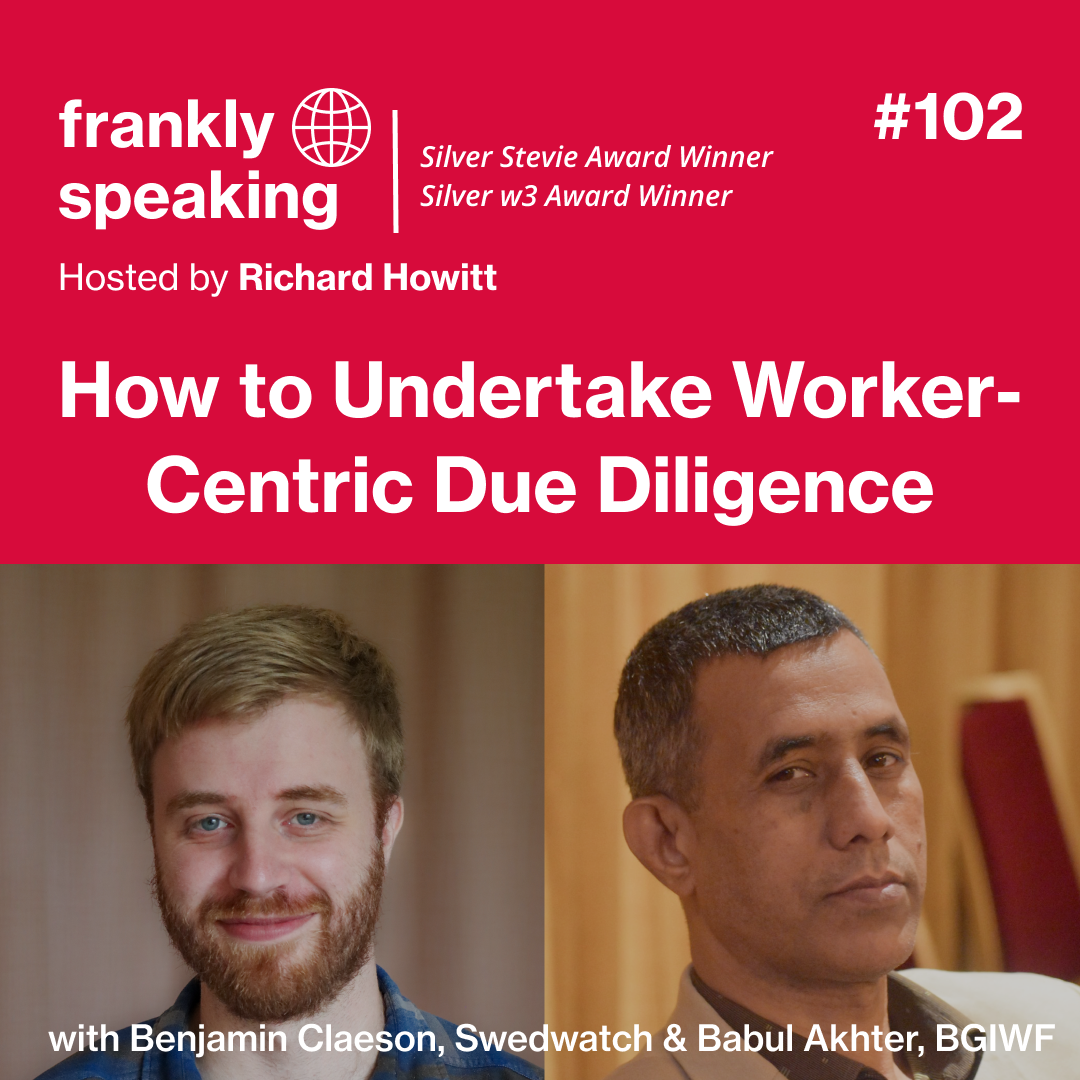Investors shouldn't just take companies' word for what they're doing; they should investigate what the companies are actually doing regarding human rights.

This week, Richard Howitt welcomes Robert McCorquodale, professor of international law and human rights and current chair of the United Nations Working Group on Business and Human Rights, to discuss their report presented last month to the 56th Human Rights Council on investor responsibility to respect human rights.
In this episode, you’ll hear about:
Resources:
“So what investors can do is actually do human rights due diligence when they're deciding to invest in a particular company. Find out what actually is that company doing, not just what they're saying they're doing. When I speak to companies who are being asked these questions by investors, they often say “they're not even asking us the right questions.” They can ask a question such as how many women are there employed in your workforce? The answer could be more than 50% and you get a tick that says nothing about actually what is the discrimination, harassment, pay or anything about women.”

.png)

How can we make sustainability governance deliver?


How can worker-centric models of due diligence help to better protect workers and communities worldwide from human rights abuses?
.png)

How did the ESRS simplification process look like from the inside? Listen to Patrick de Cambourg, outgoing chair of EFRAG